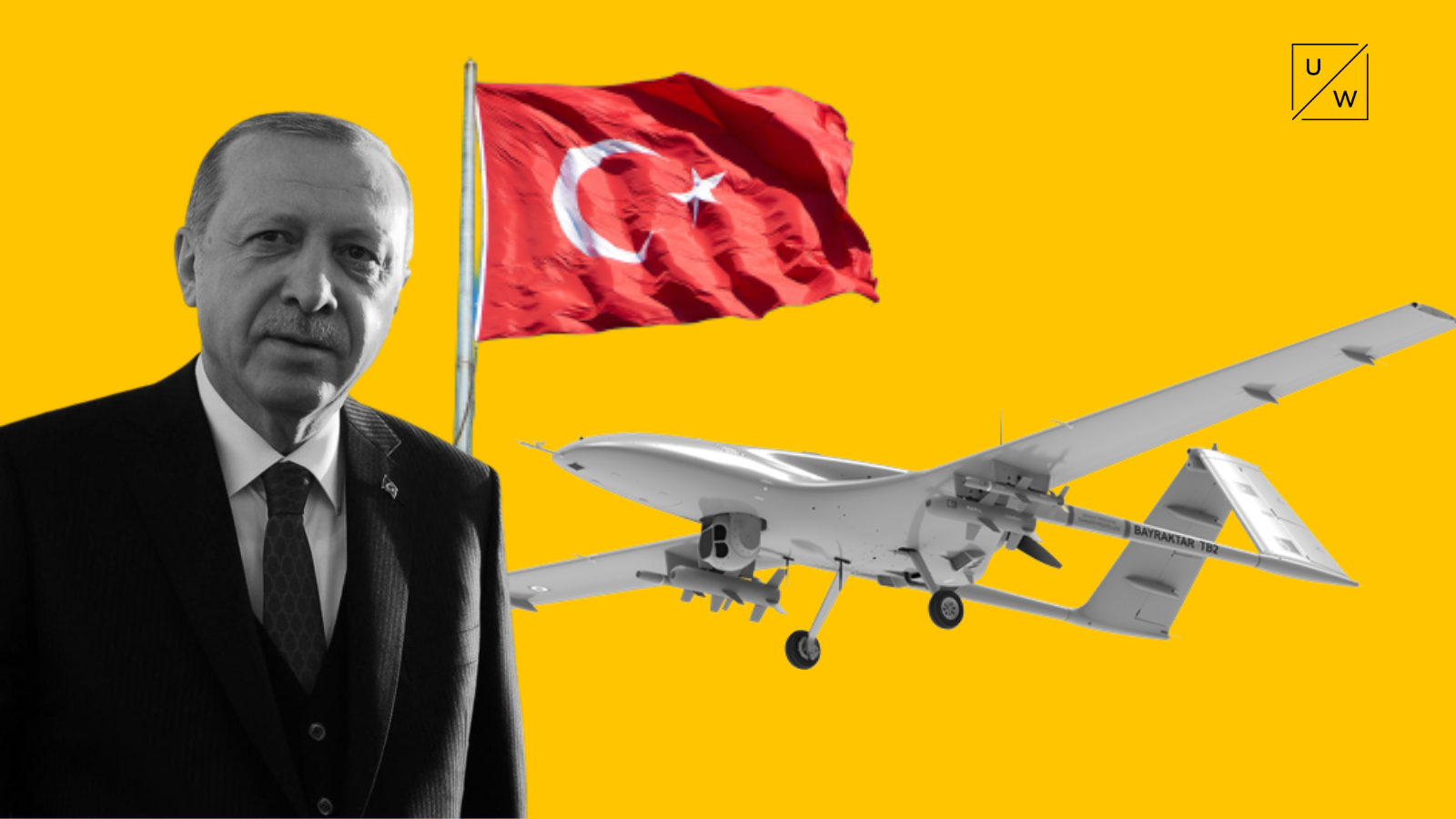Yevgeniya Gaber talks about how Turkey maintains a balance in dialogue with Ukraine and Russia.
What is Turkey's policy on the Russian-Ukrainian war? — UkraineWorld talks to Yevgeniya Gaber, Non-resident Senior Fellow at the Atlantic Council IN TURKEY and the Centre in Modern Turkish Studies, Carleton University.
Key points — in our brief, #UkraineWorldAnalysis.
1. On Turkey's policy of balancing between Ukraine and Russia
- In the Russian-Ukrainian war, Turkey is trying to hold a delicate balance and maintain a dialogue with both Russia and Ukraine. Turkey's peace initiatives are driven to a large extent by a desire for an immediate ceasefire and get back to business as usual with both sides.
- Turkey supports Ukraine in political, diplomatic, and military terms, but also maintains pragmatic cooperation with Russia due to its dependence on energy resources, exports to Russia, tourists, as well as coordination mechanisms in Syria and Nagorno-Karabakh.
- Rejecting sanctions and embargoes as foreign policy tools, Ankara has not joined sanctions against Russia, has invited Russian businesses to relocate to Turkey, and called for an easing of Western sanctions to ensure Russian grain and fertilizer supplies to global markets.
- Turkey's diplomatic efforts in the Russian-Ukrainian war are more facilitation than mediation services in a classical sense. We do not see any "Turkish peace plan" for Ukraine, but see active shuttle diplomacy by President Erdogan to bring parties to the negotiation table.
2. On Turkey's efforts to unblock grain exports through the Black Sea
- Turkey's active role in unblocking grain exports can be explained by several factors: 1) a deepening food crisis in the Global South and socio-economic risks it entails; 2) the threat of the new waves of migrants; 3) the dire economic situation in Turkey, with at least 80% inflation.
- One of the major issues with Turkey now is Russia smuggling looted Ukrainian goods (grain, construction materials) via Turkish seaports. Ukraine expects Turkey to investigate these cases, halt illegal trade and reject access to its ports for ships from the occupied Crimea.
3. On military cooperation between Turkey and Ukraine
- Turkey's supply of Bayraktars is important for Ukraine as an effective weapon that can operate in both land and naval domains, and for Turkey as a symbol of its support for Ukraine overshadowing the negative impacts on public opinion caused by its cooperation with Russia.
4. On the opinions of Turkish society
- Turkish society generally supports Ukraine, but advocates for developing further economic coop, trade, and tourism with Russia. There is a common consensus that Russia cannot be trusted but has to be accommodated. In this respect, Ankara's policies represent this view.
- There are almost no anti-Ukrainian and very few pro-Russian sentiments, mostly rooted in leftist ideas in Turkey. The major problem is strong anti-Western feelings challenging the concept of the US-led unipolar world and actively instigated by Russian propaganda.
5. On the policy towards NATO and security guarantees to Ukraine
- Turkey has traditionally supported Ukrainian NATO membership. Now, Ankara is ready to discuss security mechanisms for the post-Feb 24 Black Sea region. It is likely, though, to focus on diplomatic efforts & indirect deterrence of Russia while avoiding direct confrontation.
This material was prepared with financial support from the International Renaissance Foundation.

